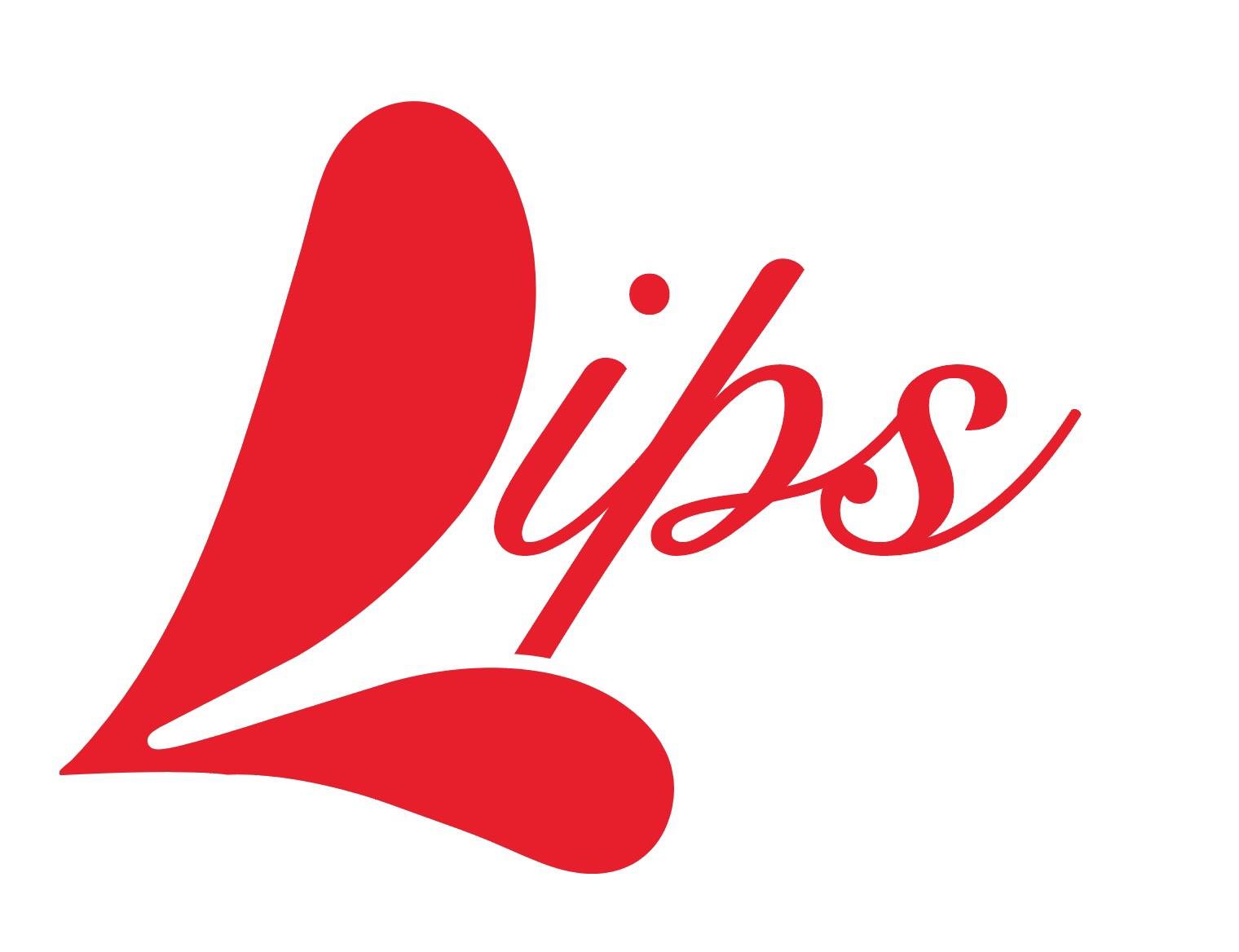LIPS 2018: Challenging Cis-Normative Narratives

Image courtesy of V-Day Coalition
On Friday Feb. 16, UCLA’s V-Day Coalition opened their second annual showing of LIPS at the Northwest Campus Auditorium. LIPS is a student-written, -performed, and -directed collection of monologues and spoken word that seeks to challenge the cis-normative narratives of femininity that are so pervasive.
The premise of LIPS might sound vaguely familiar if you’ve heard of The Vagina Monologues. Written by Eve Ensler in 1995, The Vagina Monologues were intended to celebrate the vagina as a powerful symbol of femininity, as well as to deconstruct traditional ideas of what it meant to be a woman. Topics covered by the monologues included orgasm, masturbation, menstruation, rape, birth, and body image. While Ensler’s Vagina Monologues were revolutionary, they remained trapped in cis-normativity. V-Day Coalition used to put on a production of The Vagina Monologues every year around Valentine’s Day, but in 2017 shifted to LIPS in an effort to challenge cis-normativity.
Cis-normative notions of equating womxnhood with having a vagina exclude trans* folks who don’t conform to the outdated idea that genitalia is equivalent to gender. This is why LIPS is so radically important. LIPS creates what the Vagina Monologues don’t: an inclusive environment where anyone who experiences femininity in any way can have their voice heard and validated.
Monologues included in this year’s production of LIPS included “The Orgasm Gap,” “Because I Said So!,” “Pretty ____,” and “Q.” “The Orgasm Gap” offered a comedic yet melancholic narrative of the expectation for male pleasure so often followed by the utter dismissal of female pleasure. “Because I Said So!” followed the experience of one woman coming to terms with her virginity, and finding empowerment through consent. “Pretty ____” was an exploration of one individual discovering and coming to terms with being nonbinary. “Q” provided a refreshing description of coming to terms with one’s sexuality, and finding comfort in questioning.
The monologues were fixed between two grounding, group spoken word pieces that drove home a message of unity and solidarity. The opening group piece, “Counting,” detailed how a woman’s experiences are chronographed and analyzed as she grows older, constantly comparing her to her peers in an attempt to externally define her femininity. The ending piece, “Love,” was the most uplifting performance in the show. In it, the performers owned the stage and their womxnhood, repeatedly proclaiming their love for themselves and their femininity. They answered the question, “Do you love being a womxn?” with a resounding “YES.”
As a production, LIPS effectively challenges stereotypes while validating intersectional identities and providing a safe space for spoken truth. LIPS is part of a larger cultural shift that actively confronts cis-normativity, and paves the way for a more inclusive environment at UCLA.




